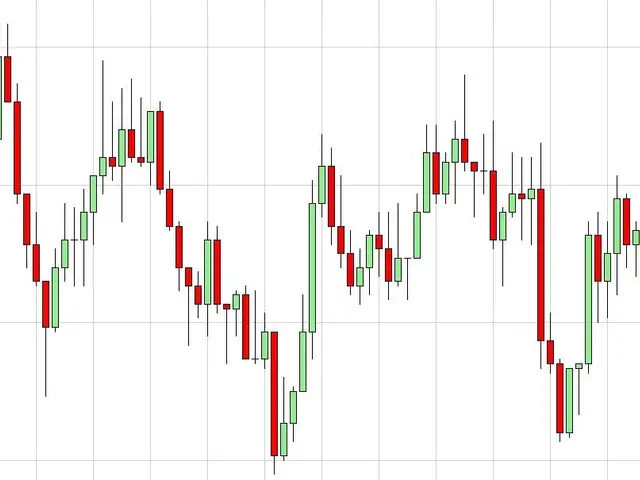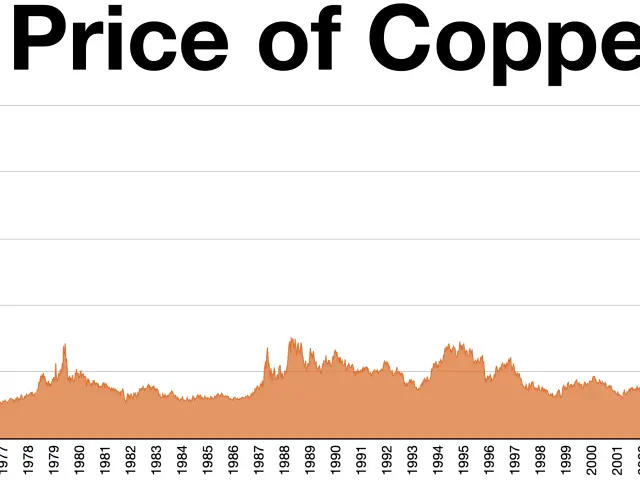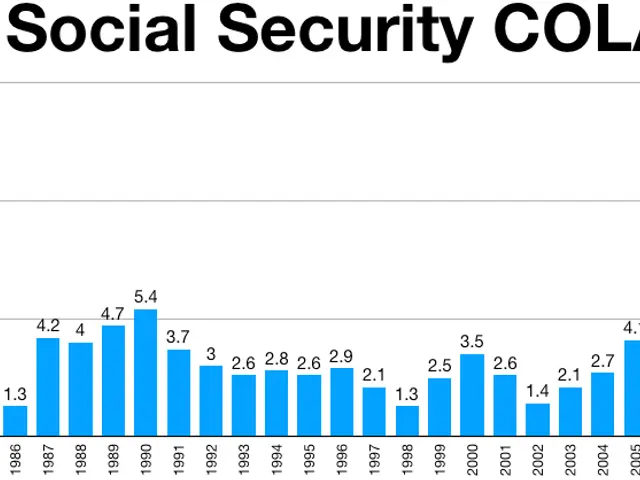Federal regulatory body, the Consumer Financial Protection Bureau (CFPB), withdraws legal action against banking institution, Comerica.
Comerica Bank Case Dismissed by CFPB Without Prejudice
The Consumer Financial Protection Bureau (CFPB) has dismissed its case against Comerica Bank without prejudice, marking a significant shift in the agency's enforcement strategy under the Trump administration.
The lawsuit, filed by Comerica Bank one month ago, asserted that the CFPB's investigation into the bank's handling of the Direct Express prepaid card program was "aggressive and overreaching." The CFPB, under the Biden-era leadership, had previously sued Comerica for allegedly providing intentionally poor customer service and illegally harvesting junk fees from 3.4 million federal benefits recipients who held Comerica's Direct Express prepaid cards.
The dismissal "without prejudice" means the CFPB retains the option to refile the case later if it chooses. This decision aligns with the Trump-appointed CFPB leadership's efforts to scale back or terminate lawsuits against major financial institutions, reflecting a significant policy shift away from aggressive consumer protection enforcement.
In a move to end numerous cases, including those against Comerica, JPMorgan Chase, Wells Fargo, and others, the CFPB under the Trump leadership rapidly moved to end the litigation. This approach has drawn criticism for potentially undermining the CFPB’s consumer protection mission.
Unlike previous dismissals under the Trump administration, the rationale for the Comerica case dismissal appears to be more procedural. The CFPB requested a stay in the case last month to give new agency leadership time to review the case, including its position on Comerica's motion to dismiss. However, Judge Jane J. Boyle denied the CFPB's 90-day stay request on March 10.
Since President Donald Trump returned to the White House, the CFPB has dropped a number of lawsuits filed during the final months of the Biden administration. The CFPB declined to comment after the dismissal of the Comercia case without prejudice.
BNY took over the Direct Express program in January, but Comerica agreed to work alongside the New York City-based bank for three years to facilitate the transfer. The Treasury Department named BNY as the financial agent for the Direct Express program last November.
The CFPB had accused Comerica of dropping some 24 million customer service calls, subjecting callers to excessively long wait times, charging ATM fees to cardholders entitled to free withdrawals, mishandling complaints from consumers, and repeatedly failing to address complaints of fraud in an appropriate time period or providing vague and confusing findings to potential fraud victims.
The dismissal of the Comerica case without prejudice reflects a strategic decision by the Trump-era CFPB leadership to curtail enforcement activities initiated under the previous administration. This dismissal method maintains procedural flexibility while effectively halting the litigation under current policy.
- The dismissal of the Comerica case by the Consumer Financial Protection Bureau (CFPB) without prejudice signifies a strategic decision by the Trump-era CFPB leadership to curtail enforcement activities initiated under the previous administration.
- The CFPB's dismissal of the case against Comerica Bank without prejudice aligns with the Trump-appointed CFPB leadership's efforts to scale back or terminate lawsuits against major financial institutions, reflecting a significant policy shift away from aggressive consumer protection enforcement.
- The dismissal of the Comerica case without prejudice maintains procedural flexibility while effectively halting the litigation under current policy, which could potentially impact personal-finance and business decisions made by the bank.
- The fintech industry, particularly banking-and-insurance and wealth-management sectors, might observe shifts in the regulatory landscape under the Trump-era CFPB leadership as a result of the strategic dismissal of cases, such as the one against Comerica Bank.






